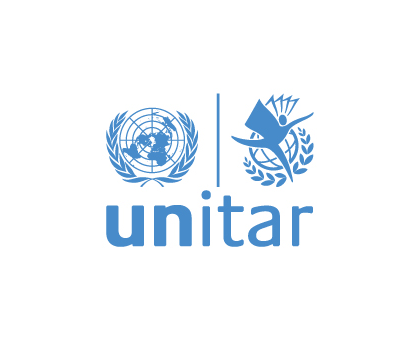
UNITAR Online Catalogue
Rapid Response Mapping in Disaster Situations (CERG-C)

Cross-fertilizing Knowledge
Type
Course
Location
Geneva, Switzerland
Date
to
Duration
2 Days
Programme Area
Satellite Imagery and Analysis
Website
Price
$0.00
Event Focal Point Email
adam.ali@unitar.org
Partnership
Geneva
Background
Topics include:
- Introduction to UNOSAT and Rapid response mapping in disaster situations
- Searching exploring and gathering data
- Preliminary flood impact and damage analysis
- Damage assessment by visual interpretation
Event Objectives
Training scientists to use tools and techniques to reduce the impact of natural hazards
Learning Objectives
- Explain the role of Geo-information in the response phase of a disaster;
- Describe the GIS methodologies related to the rapid mapping processing chain to support emergency response;
- Identify, access, search, collect, organize and analyze geospatial data for emergency response mapping;
- Apply basic GIS methodologies to perform impact analysis and preliminary damage assessment in the immediate aftermath of a disaster.
Content and Structure
9 April to 8 June with multidisciplinary lectures, field work and exams at the end. UNOSAT's course on 14 & 15 May 2018 includes the following modules for an estimated 16 hours of learning:
- Introduction to UNOSAT and rapid mapping service
- Searching, exploring and gathering data
- Preliminary flood impact and damage analysis
- Damage assessment and visual interpretation
Methodology
Multidisciplinary approach to the assessment and management of risk from natural hazards, merging ideas from disciplines such as the physical and social sciences, engineering, and economics.
Targeted Audience
To register for the CERG-C, you need to already have a master's degree or a diploma of 5 years from your University